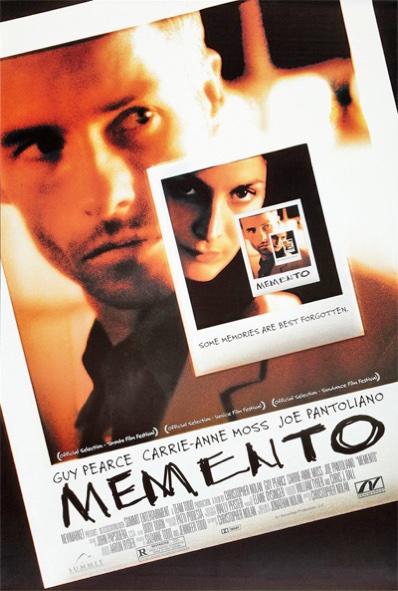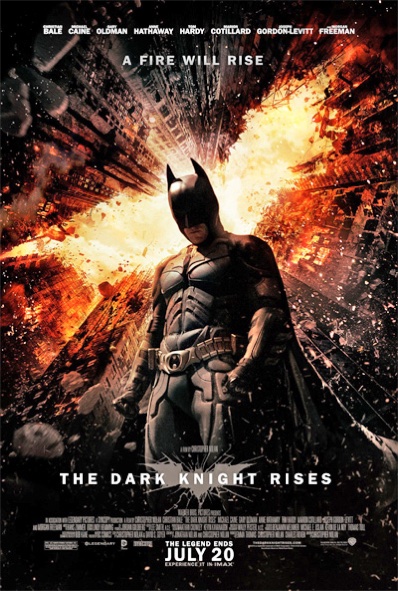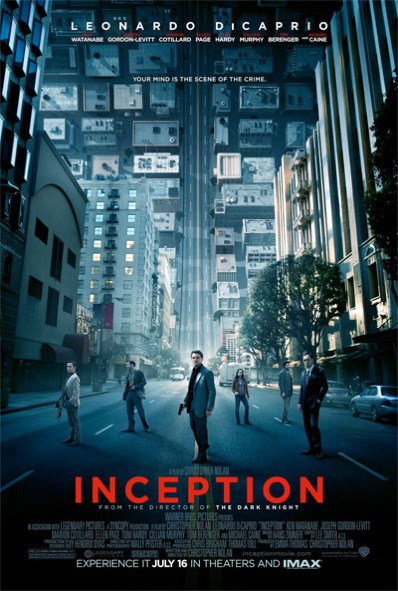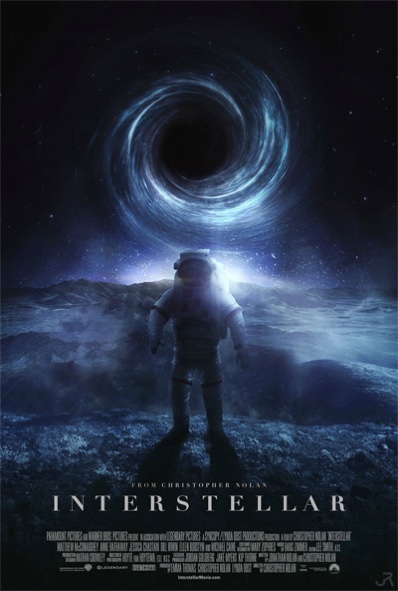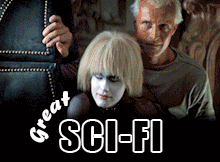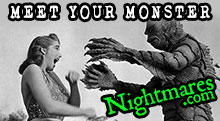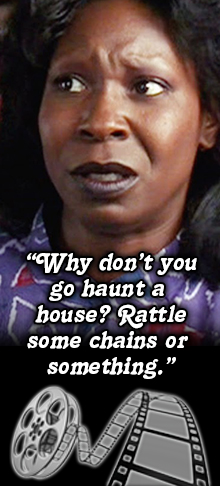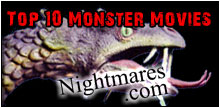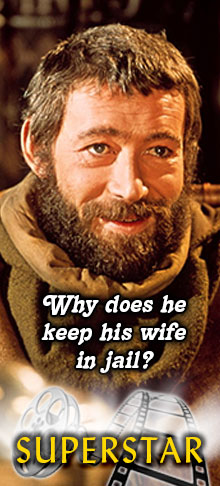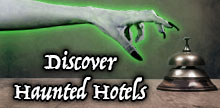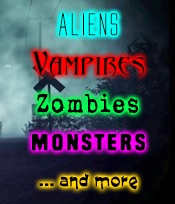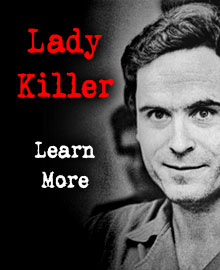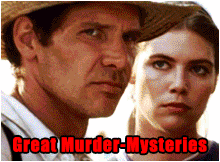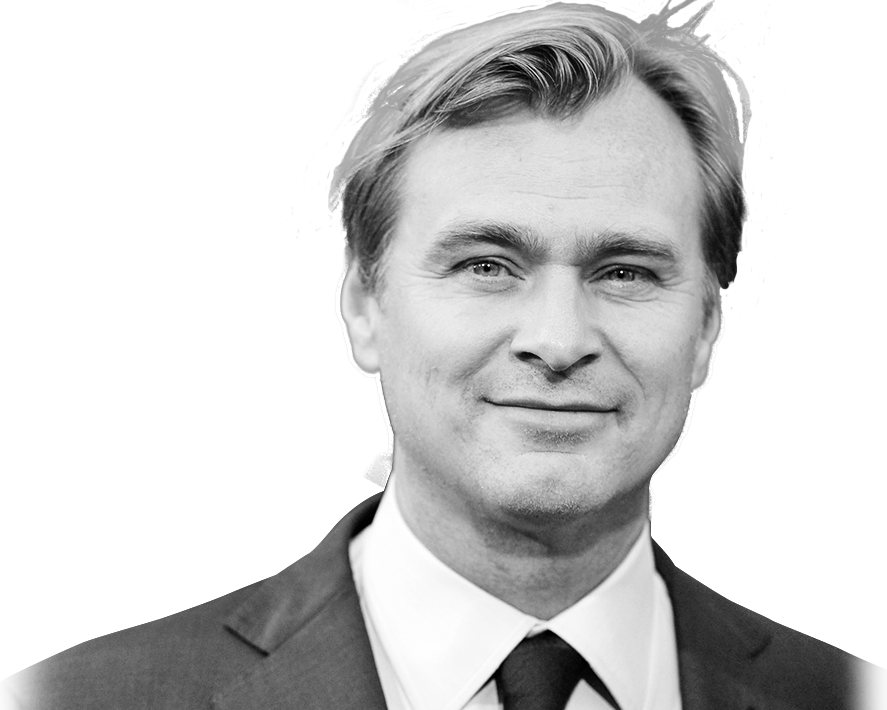
Christopher Nolan
Best known for his ability to combine commercial appeal and artistry in his filmmaking, Christopher Nolan can lay claim to being one of the most successful directors of the 21st century, with The Dark Knight Trilogy and Inception being his most notable works to date.
There is perhaps no other living director whose body of work has been universally praised for both intellectual depth and thorough entertainment. Indeed, Nolan’s penchant for psychological complexity, layers of meaning, and involving characters in involving stories virtually requires multiple viewings, not coincidentally adding to both his popular and critical appeal.
Virtually all of Nolan’s films’ central characters are wrestling with psychological disorders, which usually propel them (and the plot) rather than standing in their way. In addition to the mental phenomena in his titles “Insomnia” and “Inception”, and the play on words in “Memento” standing in for memory, Nolan centered “Batman Begins” on fear and “Dark Knight Rises” on pain.
As with Hitchcock, Nolan’s characters’ mental states are a key part of the intrigue, and a component of a complexity that few directors are even allowed to contemplate. Unlike Hitch, Nolan has to rely on several minutes of exposition to explain the ideas in his films, which he does masterfully. Indeed, “Inception” is a veritable tutorial, with psychological explanations throughout. Yet, with all its complexity, “Inception” is one of the most popular films of all time.
Nolan shot his first feature, “Following”, on a year-long series of Saturdays because all of his cast and crew had regular jobs. The film follows a writer and thief as they follow people and break into their houses to get material. The idea came to Nolan after his own flat was burglarized and he wondered what the thief thought about as he wandered around Nolan’s place.
Adapting a short story written by his brother, Jonathan, Nolan crafted the cult favorite “Memento”, starring Guy Pearce, to run in reverse. Pearce’s character has an unusual form of amnesia in which he can’t make any new memories, so the “backwards” telling of the story “inflicts” the audience with Pearce’s disease. The revelations at the end make it virtually impossible not to want to rewind and start over, if for no other reason than to appreciate the uncanny skill and artistry in the unfolding of a damaged mind.
Though it is successful, psychological and intriguing, “Insomnia” is not as complex a film possibly because Nolan didn’t write it, or at least didn’t write the original screenplay. He did add complexities in his director’s draft, making Al Pacino’s back story more relevant and compelling.
After the hyper-stylized “Batman & Robin” failed, Warner Bros. wanted to shelve the franchise for awhile. Nolan, along with “Blade” writer David Goyer, convinced them otherwise. They saw the dark knight light, if you will: there was lots of room for “real” in the telling, even after the masterful Tim Burton versions. With the ultra-serious Christian Bale in the suit, Nolan’s dark vision was as much a critical smash as it was a popular blockbuster. Before shooting began, Nolan played Ridley Scott’s classic “Bladerunner” for his cast and crew. That set the tone, for sure, but also revealed the attention to detail that Scott is famous for and that shows in the work of Nolan; in fact, Nolan does not use a second-unit director, preferring to direct the entire film himself.
Borrowing Bale and Batman butler Michael Caine for his next project, Nolan was the choice of “Prestige” novelist Christopher Priest to helm his magnificent story about two nineteenth-century magicians in a fierce rivalry. Laced with wonderful devices that, once again, compel the audience to see it again and again, “The Prestige” plays its own kind of sleight of hand on the welcoming viewer. The role of the superior magician lets Bale spread wings of a different sort, and he responds by giving one of his finest performances.
“The Dark Knight”, the second of Nolan’s trilogy, is primarily known for the brilliant Oscar-winning last laugh of Joker actor Heath Ledger. Nolan cast Ledger even before there was a script because the actor is “fearless”, and correspondingly gave him a free hand to, among other things, design his own makeup. This time out, viewers went back to the theatres to relish what will no doubt stay one of the twenty-first-century’s finest villainous performances. Whatever the reason, fans made the film one of the most popular ever and the critics swooned.
Also one of the most popular films ever, and completely without a superhero franchise for a boost, “Inception” brought people back possibly to relish in its complexity and possibly just to understand it. Leo DiCaprio, Ellen Page and Joseph Gordon-Levitt play corporate spies who enter VIPs’ dreams to extract secrets or, in this case, to plant an idea. The effort requires going into dreams within dreams within dreams, so that hero Leo needs a little top to spin to remind him what’s real and what’s not.
Those viewers who didn’t complain that they needed a similar top to understand the film were treated to ideas, revelations, visions and details about “the architecture of the mind”, in Nolan’s words. Somewhat akin to the levels of dreams are the levels of meaning: Nolan sprinkles it with visual and audio allusions to designers such as Frank Lloyd Wright, M.C. Escher, Charles and Ray Eames, and any number of anonymous psychologists. For a billion-dollar blockbuster, there’s definitely more to “Inception” than meets the proverbial eye.
Nolan is expected to take on Superman in the near future, and one would expect him to reveal more about the mind of the man of steel than mere kryptophobia. Likewise — no surprise here — he’s had a decades-long yearning to delve into the labyrinthine “no exit” psyche of Howard Hughes. Certainly, there must be room in there for a whole trilogy.
— Nate Lee
Great Scenes
Memento
- The revelation at the end (beginning?) about exactly who Leonard is
- Sammy’s side story
- Natalie (Carrie Anne Moss) spitting into Leonard’s beer to test his memory
- The reveal of Natalie fooling Leonard about who beat her up
- The motel manager confesses that he is double-charging Leonard, taking advantage of his lack of memory
The Prestige
- The magic tricks are done with beauty and precision, even when they go wrong, as with the bullet-catching trick
- Hugh Jackman performing his cloning version of Transporter Man
- Jackman’s trip to Colorado to see David Bowie as Tesla
- The revelation at the end
The Dark Knight
- All of Heath Ledger’s scenes as the Joker are priceless, particularly his confronting the room full of gangsters
- The capture of Lau from his own building
- The ferry scene
- Two-face turning bad in the hospital
Batman Begins
- Christian Bale, returning to the cave, stands up amid a horde of flying bats
- The training scenes with Liam Neeson and the fight in the burning building
- Testing out the Batmobile with Morgan Freeman, and other techno-gear scenes with Freeman
Inception
- The scenes playing with dimensions, including the mirrors that Ellen Page sets up, and the now-famous rolling up of the sidewalks as Leonardo teaches Ellen about controlling the architecture of the dreams
- The love scenes between DiCaprio and Marion Cotillard add a painfully romantic dimension to the film
- Joseph Gordon-Levitt bouncing off the walls of the hotel as the van starts to crash into the water
Christopher Nolan’s directing credits include…
| Year | Movie |
|---|---|
| 1989 | Tarantella |
| 1995 | Larceny |
| 1997 | Doodlebug |
| 1998 | Following |
| 2000 | Memento |
| 2002 | Insomnia |
| 2005 | Batman Begins |
| 2006 | The Prestige |
| 2008 | The Dark Knight |
| 2010 | Inception |
| 2012 | The Dark Knight Rises |
| 2014 | Interstellar |
| 2015 | Quay |
| 2017 | Dunkirk |
Best Films
- Inception
- Memento






